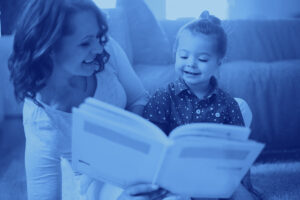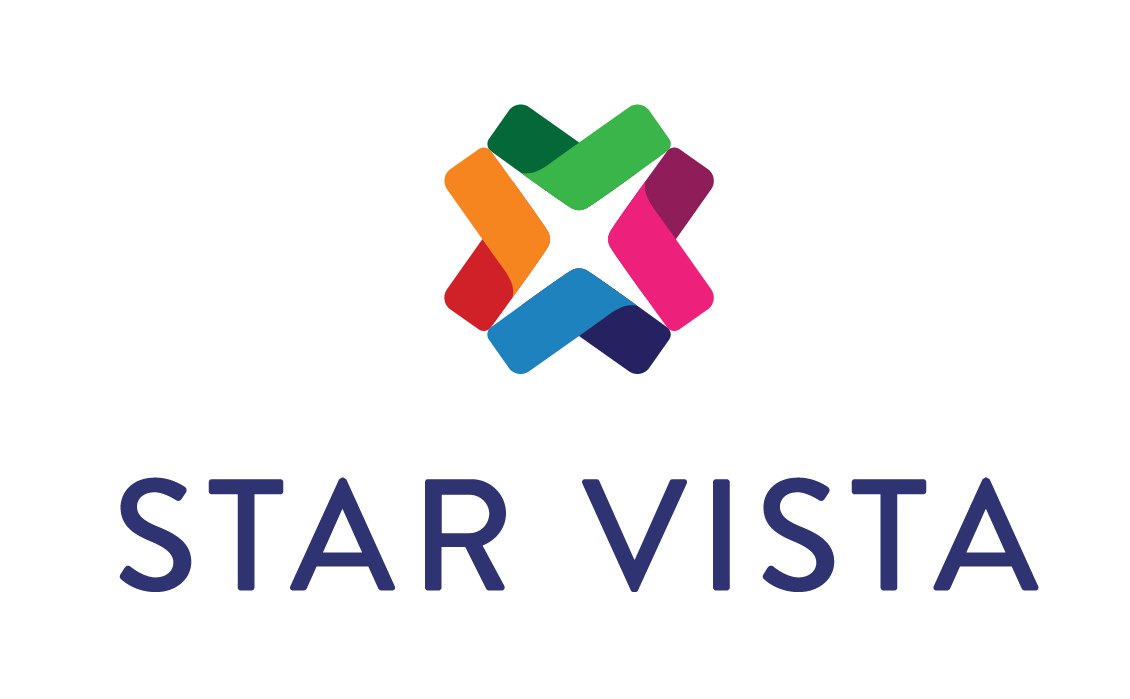StarVista’s Early Childhood Mental Health Consultation Program Manager, Gabriela Buendia, LMFT, gives tips on how to support young children at home during the COVID-19 outbreak and shelter-in-place order

Giving young children a sense of structure through an established routine is extremely important when things change so quickly and drastically. When young children lose their external structure, they can experience distress and feel dysregulated due to feelings of being out of control. As a result, we might see children who regress to behaviors they experienced at an earlier age. They may display “out of control behaviors” such as crying excessively, temper tantrums, difficulty self-soothing or being soothed, hitting, biting, or acting out in general.
It is important to be patient with children who might be experiencing this and to constantly remind them that they are safe. It is also important to give young children a narrative as to why things have changed around them (why the school closed down, why mommy and daddy are working from home, etc). This information can be provided through a social story or simply by giving age-appropriate explanations that the child can understand and make sense of.
Children might have a lot of questions and it is important to provide them with the answers and not discourage them. This will decrease their anxiety and allow them to make sense of their world. Additionally, letting them express what they are feeling is a way for them to own and organize their experience.
Overall, the more structure we can provide, the more the child will feel contained and experience a sense of safety.
Here are some resources you can use to talk about COVID-19 with your children:
StarVista’s Early Childhood Mental Health Consultation (ECMHC) program strengthens the social-emotional development and school readiness of our community’s high-risk children from birth to age five, and supports low-income families and caregivers by providing mental health consultation, early intervention services, direct clinical services, and support for parents and caregivers on-site at subsidized childcare centers.
